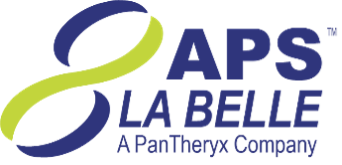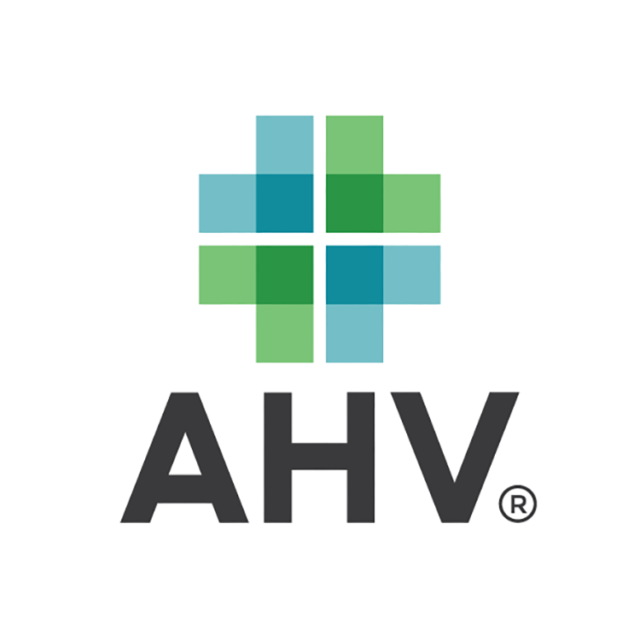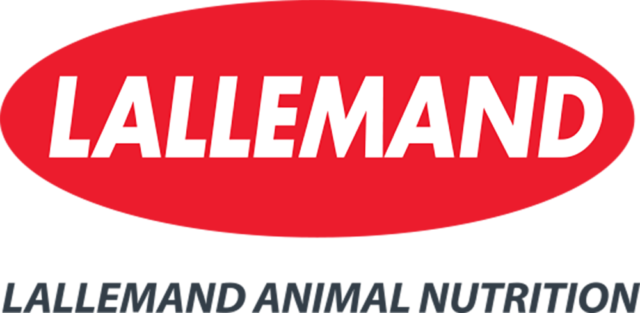Q&A with a California dairy producer who was recently quoted in an NPR story. Case van Steyn, who operates a 1,000-cow dairy in Galt, California, was interviewed by NPR for a recent story exploring California dairy farmers' take on the Farm Bill's milk payment provision. Click here to read the NPR story. How did your interview with NPR come about? My contact information was provided to them by an organization that I belong to (Milk Producers Council) after they saw an article about dairy in the Sacramento Bee.
Why did you consent to do the interview?
It is important to get info about food and ag and dairy – what we do – out to the public because the vast majority of us are doing a good job with our farms and animals.
Were you nervous before it? What did you do to prepare?
It was difficult to prepare in advance because I didn't know the exact questions. I always am a little apprehensive about interviews but you can usually stay on track by just telling it like it is.
Have you done other interviews before?
Over the years I have done many interviews. I've been on many boards so I've been exposed to the process of interviews.
I recently did an interview with the Sacramento Bee about the crisis in the dairy industry caused by upside-down economics and the volatility that is mostly caused by government programs at the federal and state level that don't work.
What was most odd or surprising to you about the reporter's visit/questions?
The interviewer mostly steered towards blaming the drought because I don't think they really understand dairy issues in the U.S. Also, for the time spent with them, the quotes were short.
What was the most difficult question you had to answer? Why?
Trying to explain CDFA (California Department of Food and Agriculture) involvement in dairy policy and how the state system is supposed to work but it's not working. California's system seems to be leaning toward the processors' side.
Were you satisfied with the piece that they produced?
Yes. I think it delivered the message that there is a crisis brewing in dairy economics.
It is sometimes frustrating to get everyone to understand that with government programs regarding dairy there has to be compromise to move the ball forward. If groups or individuals are stuck in their own box it becomes extremely difficult to move the ball.
Have you made any new connections as a result of the story airing?
I'm always meeting new people in the interview or because of it. That's always positive. I've met and been invited to meetings with members of Congress who seem to want to help with these issues.
Overall, was it worthwhile to do the interview?
Yes, I would do it again.
What advice would you have for other dairy producers who may be doing interviews?
Tell your story from your own personal experiences and situation on your farm. It usually makes a better story. And remember that almost all interviewers know very little about dairy, so it helps to have a little extra time to show and explain how a dairy farm works and how it affects the consumer. PD






